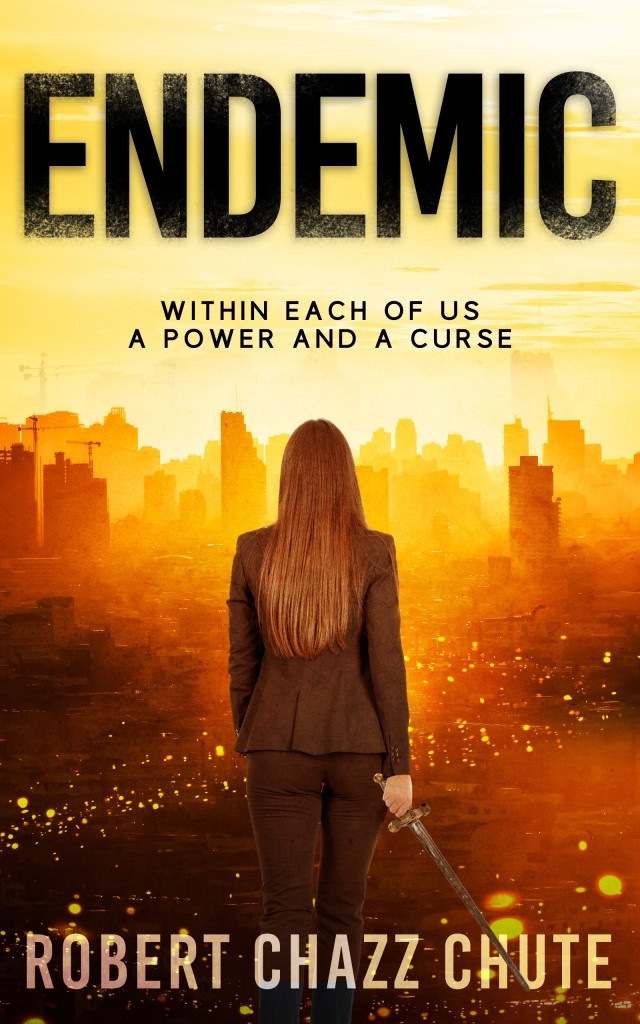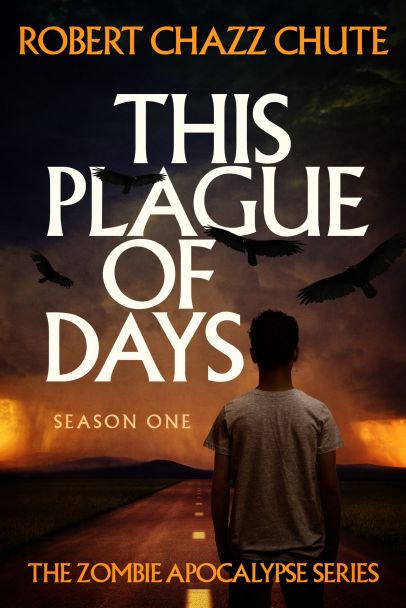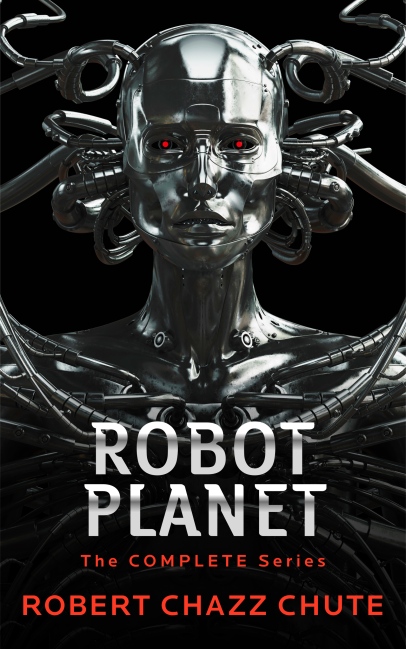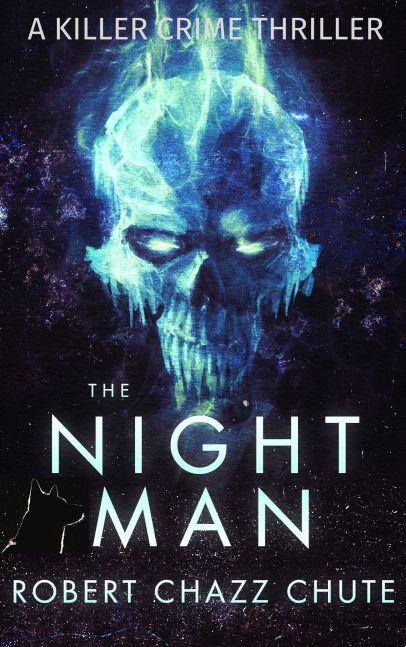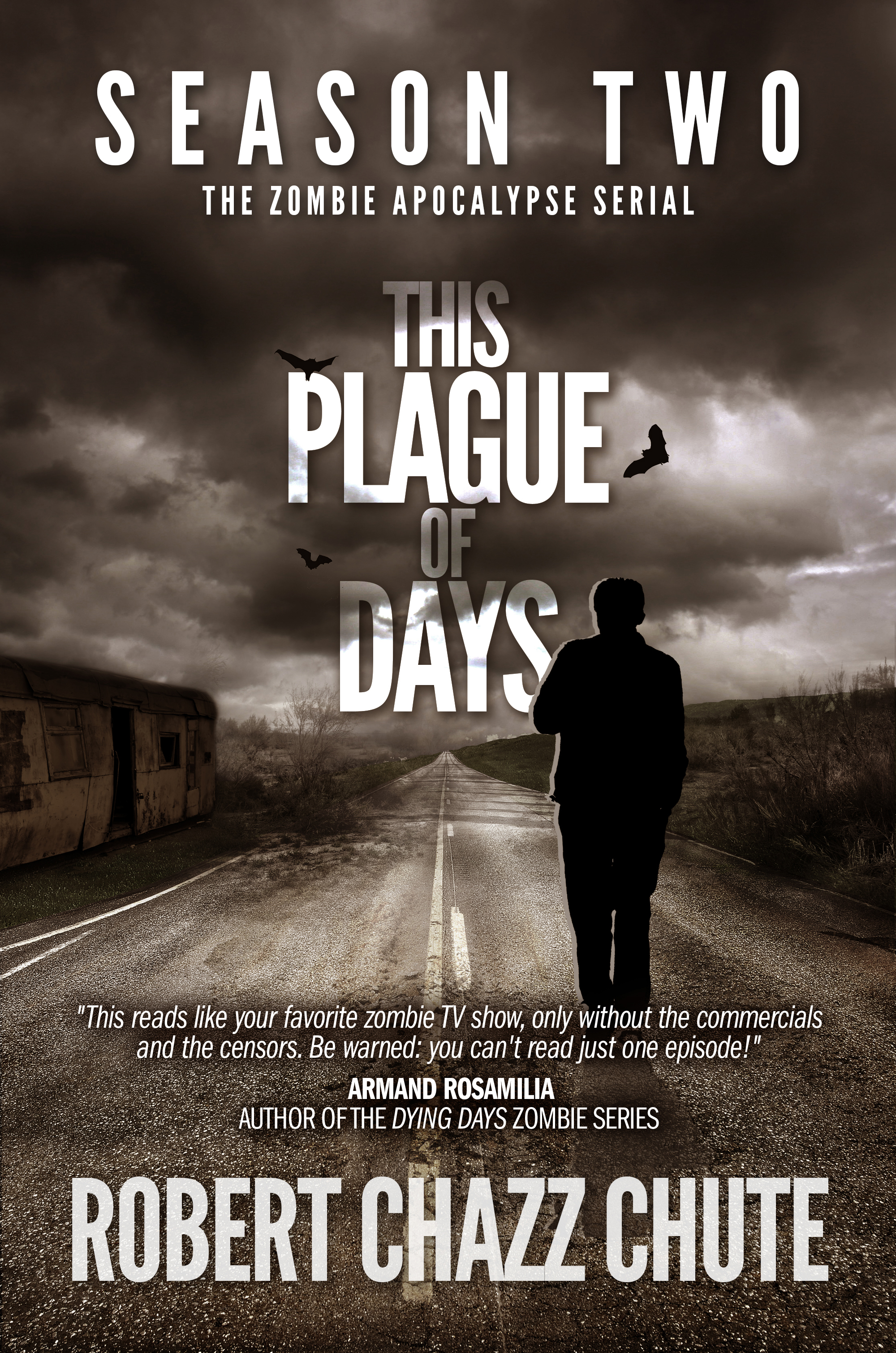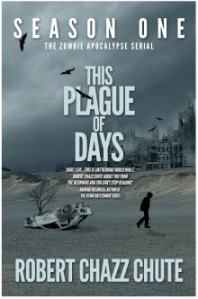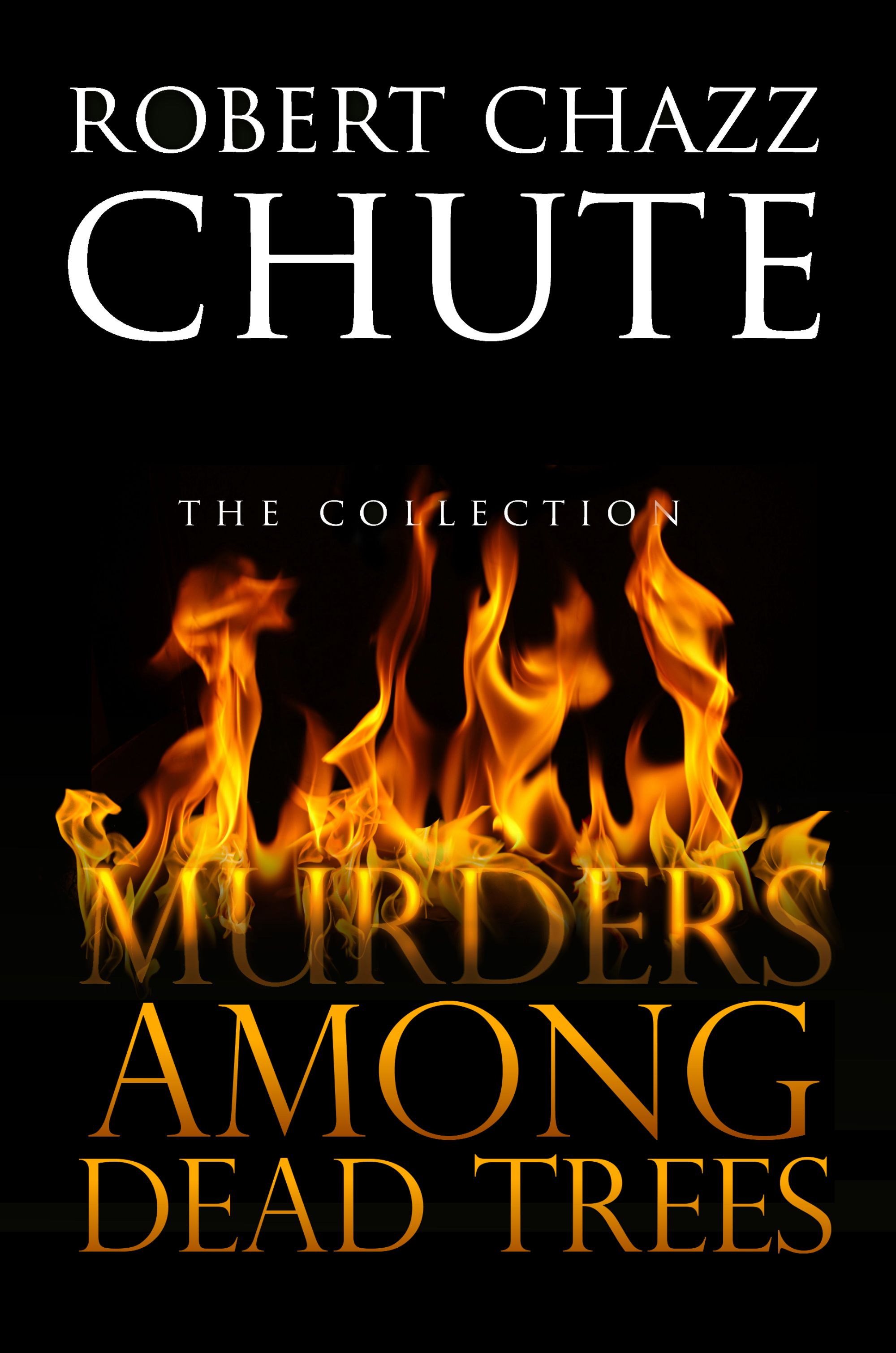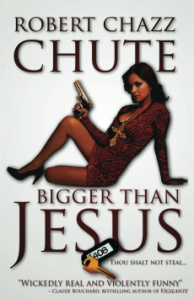Pain is a distraction. Pleasure is a distraction. Social media algorithms have trained us to have the attention span of cocaine-fueled gnats. It’s grim, and the entertainment market is so fragmented! If you’re still a writer, it’s a wonder. Congratulations! You are a beast working on the dream of writing books. Many people attempt the summit, but few make the journey all the way to publication. That’s the happy congratulations part. Stay tuned. I’m about to tell you something you won’t like. Somebody’s gotta do it, so here I am! Captain Meanie Chazz Buzzkill!
Last night, I unsubscribed from three streaming services, but not before I went down a rabbit hole checking out all their pretty terrible offerings. (FYI: MGM is the king of Sequels Nobody Wanted.) More to the point, how many times have you perused everything Netflix has to offer before turning off the TV? You never got around to watching a movie. Maybe you added a few possibilities to your watch list. But will you really get to them? Often, we browse just long enough to decide it’s time to do the dishes and go to bed. It’s kind of the same with readers. We browse and browse and maybe buy a book, but then it goes to the TBR pile, possibly to go unread forever.
Yesterday, I caught a TikTok where someone offered sage advice. If you are traditionally published, as an author you will often find yourself at odds with the marketing department. Long titles are apparently out. Titles with “Girl” in the title have finally fallen out of favour. The marketing department has lots of good ideas you’ll hate. But are they really good ideas?
To which I reply, “Only maybe.”
You will definitely be at odds with your editor on some points. As a trad pubbed author, you’ll often have far less say about your cover art than you might have imagined. The “Authors art and publishers business” model is often true, but it ain’t necessarily so.
I used to work in the marketing departments of several publishers. The lame joke was always, “What’s the market research for this novel’s commercial prospects?” Answer: “Market research? In publishing, that’s what we call the first print run.”
I had such a romantic idea of the publishing world. Then I worked in it. Whoo, boy! Was that different! At the Banff Publishing Workshop years ago, I met titans of the Canadian publishing industry. Lots of great stories there, but the key takeaways were three:
- Connections help.
- Book marketing is so much art and so little science that expertise mostly comes down to personal preferences and speaking with the outrageous confidence of a maniac who never got spanked.
- No one knows which book will be a hit, so, as William Goldman said of the movie industry, “Nobody knows anything.”
What does this mean for you and me?
Sadly, there’s no magic bullet. The few successes pay for the many failures. Visibility and invisibility, pay to play advertising, flooding the zone with AI, timing, genre choice, endorsements, platform and presence, and a thousand other variables come into play if a book (and your writing career) is to have a chance of getting noticed, chosen, bought, read, and reviewed by a fan base larger than can be found at your mom’s house.
Here’s what’s hard for some of us to swallow
Your commercial success hinges on throwing more spaghetti against the wall. I haven’t published since the fall of 2021. (As regular readers know, I’ve had health issues that put a crimp in my creativity straw.) But, if you can, write more faster.
I know, I know! Some of you can’t or won’t even consider this strategy for reasons, many of them completely understandable, a few whiny, and a couple downright snooty.
Apply an old George Carlin joke about driving to writing: “Anyone going slower than me is an idiot, and anyone going faster is a maniac!” Save it. I’m not talking to the “I can only write slowly” crowd. I’m talking to those who dream the nigh-impossible dream of making enough money to vacation in Fiji next year (or just pay the rent with scribble money).
But how do I write faster, Captain Meanie Chazz Buzzkill?
My strategy is to schedule my writing time and defend it with small-arms fire. Planning ahead (what some call pre-writing) for me takes the form of making notes on my phone at any random moment when genius strikes. Scraps of dialogue appear. Plot twists and cleverness abound, especially at inconvenient times, like when I’m trying to sleep.
In addition to scheduled writing times, I squeeze in short bursts of writing, Set a timer for twenty minutes and go to it. Do not wait until the time is perfect and the vibe is right. Go hunt down that muse and tie that fickle thing down in the chair beside you. Inspiration hits at the keyboard. Don’t wait for it elsewhere.
This is the same strategy I use for all the exercise and physio I have to include in my day as part of my rehab. Yes, it feels like having two full-time jobs that do not pay (beyond the satisfaction of creativity, advancing goals, and of course, being able to perambulate like a human being).
More output = more shots on goal decreases the odds of a total shut-out. (There’s a shit-out joke here, but a respectful jape escapes me at the moment.)
Producing more books does not guarantee success, of course. There are so many variables, and production is but one. But it ain’t nothin’, neither. In the end, it’s the oldest saw there is: publish or perish. And yes, I’m taking my own advice. The muse is handcuffed beside me as I write this. Bionic hips be damned, I’m back in the game.
~ I am Robert Chazz Chute. I write apocalyptic epics with heart and killer crime thrillers with heat. See links to all my books at AllThatChazz.com.
Filed under: publishing, books, fiction, publishing, Robert Chazz Chute, self-publishing, writing

